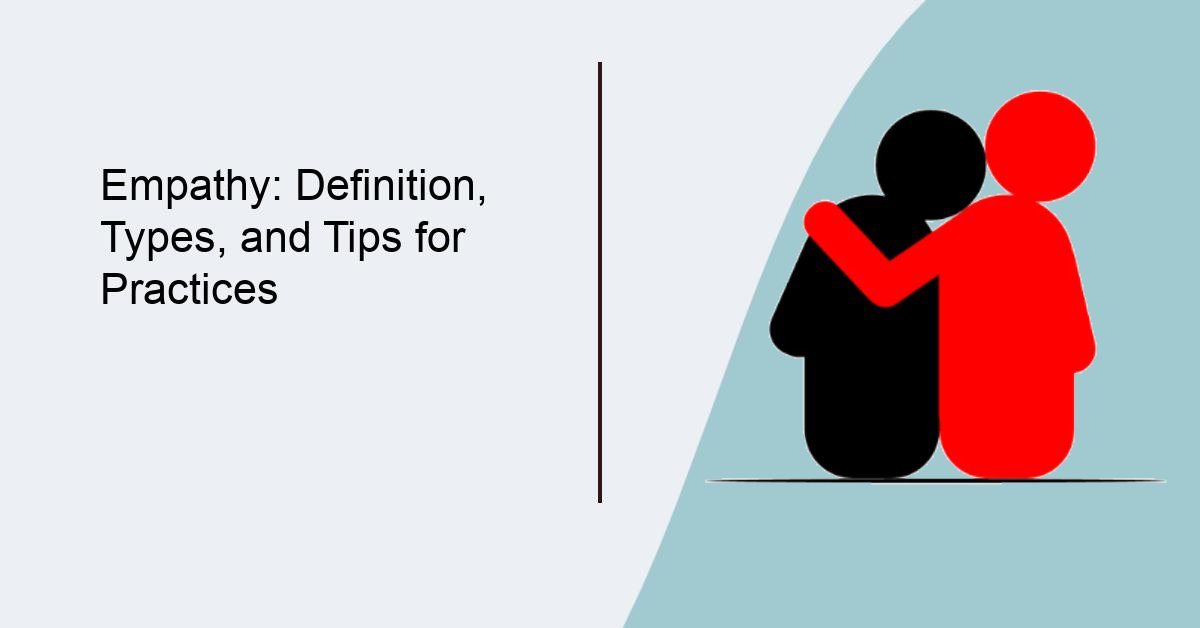Compassion is a term used to describe a deep awareness and concern for the suffering of others, coupled with a strong desire to alleviate that suffering. It is a fundamental aspect of human nature that can manifest in different ways and levels of intensity. In this article, we will explore the meaning of compassion, its types, the neuroscience behind it, and practical tips for cultivating compassion in daily life.
Definition of Compassion
Compassion is the ability to recognize and respond to the pain and suffering of others. It involves having a deep sense of empathy and a desire to alleviate the suffering of others. Compassion is often associated with kindness, empathy, and altruism. It can manifest as a sense of warmth, tenderness, and concern for others.
Types of Compassion
There are different types of compassion that vary in their degree of intensity and focus. Here are some of the most commonly recognized types of compassion:
- Self-Compassion: Self-compassion involves being kind and understanding to oneself in moments of pain or suffering. It involves treating oneself with the same care and concern that one would offer to a good friend or loved one.
- Other-Directed Compassion: Other-directed compassion involves feeling concern and empathy for others who are experiencing pain or suffering. It can involve taking action to help alleviate their suffering.
- Global Compassion: Global compassion involves feeling concern and empathy for all living beings, regardless of their individual circumstances or proximity to oneself.

